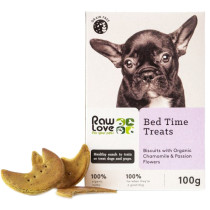Sodium bicarbonate
NaHCO₃
Sodium Bicarbonate
Other Name(s):
Bicarbonate of Soda; Sodium Bicarb; Bicarb; Baking Soda; E500

Sodium Bicarbonate is made using abundant, naturally occurring minerals such as nahcolite and trona. In Wyoming, USA for example the estimated amount of recoverable trona is 40 billion tonnes. At current rates, the deposits are estimated to last for more than 2000 years.
Is Sodium Bicarbonate Faithful to Nature?
Yes.
Sodium Bicarbonate is a natural ingredient with an enormous number of different uses in the home.
Benefits: Why is Sodium Bicarbonate Used?
Household Cleaner
Sodium Bicarbonate can help to unblock drains and toilets and removes stains and lifts dirt.
Odour Neutraliser
Sodium Bicarbonate absorbs bad odours (in the fridge, cupboards, etc.
Antifungal
Sodium Bicarbonate can help to manage fungal nail infection
Teeth Whitening
Sodium Bicarbonate helps to remove plaque and tartar from teet
Sodium Bicarbonate can be found almost everywhere as a single ingredient item for household and kitchen purposes, but is also used in bath bombs, deodorants, toothpastes, mouthwashes, and shampoos.
For the most part, Sodium Bicarbonate is made using the naturally occurring minerals nahcolite and trona. Water is usually pumped into a deposit deep beneath the ground and the dissolved mineral is pumped back up to the surface where it’s refined using carbon dioxide.
Sodium Bicarbonate is not to be confused with baking powder. Baking powder is made using sodium bicarbonate but includes other ingredients too like thickeners and acidity regulators (E341 - Calcium phosphate; E450 - Sodium diphosphate; E541 - Sodium aluminium phosphate). Baking powder products often contain aluminium based ingredients such as E541. But if you’re looking for sodium bicarbonate (aka baking soda), this isn’t something you need to be concerned about
Notice: The information provided here is not intended as medical advice and is for educational purposes only.
Products Containing Sodium Bicarbonate
-
sku101359
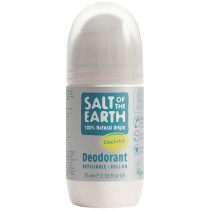
-
sku2845
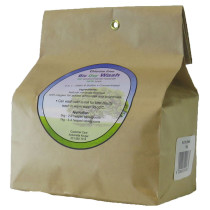
-
sku119196

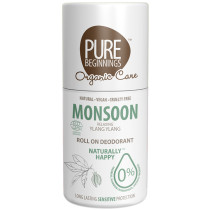
-
sku6405
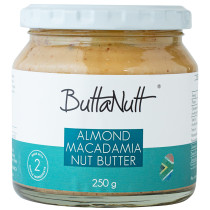
-
sku101357
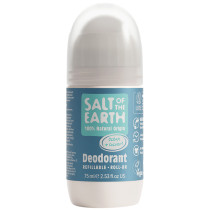
-
sku119195


-
sku6402
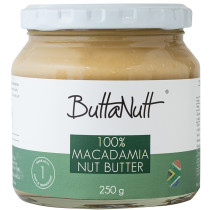
-
sku11224v2

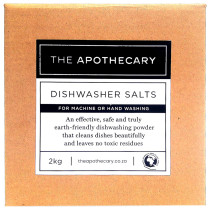
-
sku68800
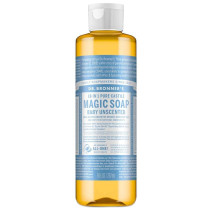
-
sku106558
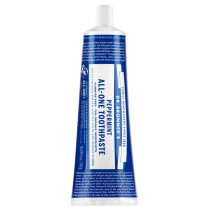
-
sku6887

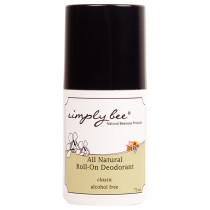
-
sku68675

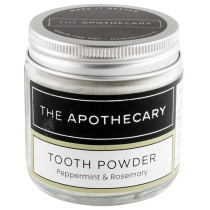
-
sku119197

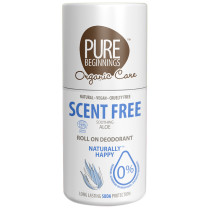
-
sku63246

-
sku11539

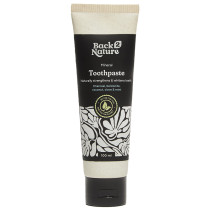
-
sku11222v2

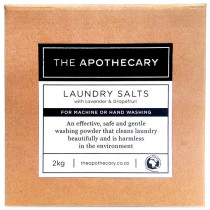
-
sku68801
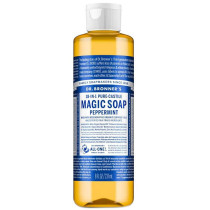
-
sku101354

-
sku103215
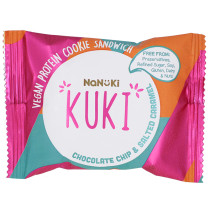
-
sku65861
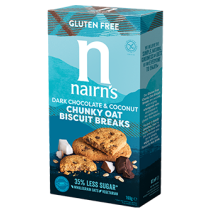
-
sku11544

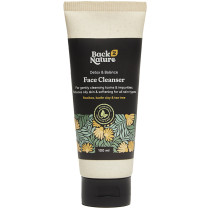
-
sku65802
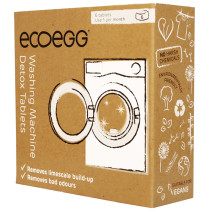
-
sku64265
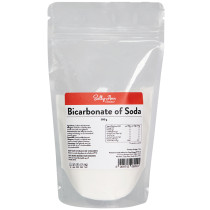
-
sku1814
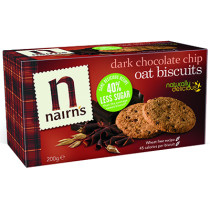
-
sku2901
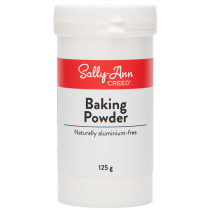
-
sku101358

-
sku68804

-
sku68082
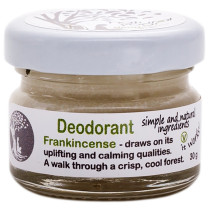
-
sku69091
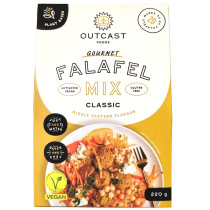
-
sku69178
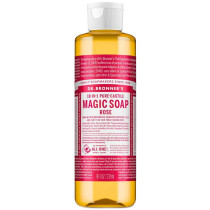
-
sku66673
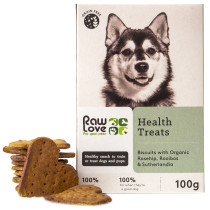
-
sku135824
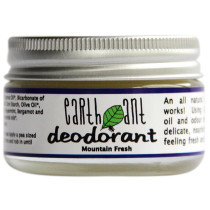
-
sku68803
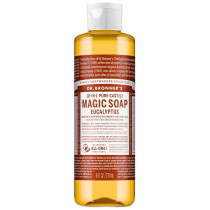
-
sku64548
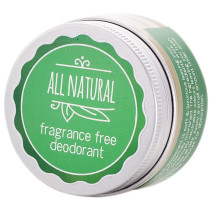
-
sku69007
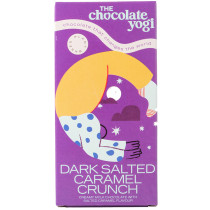
-
sku131516

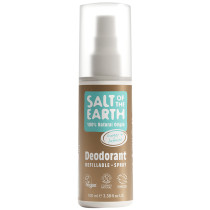
-
sku106559

-
sku103214
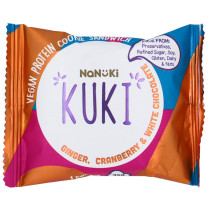
-
sku91443
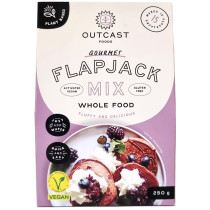
-
sku66672
